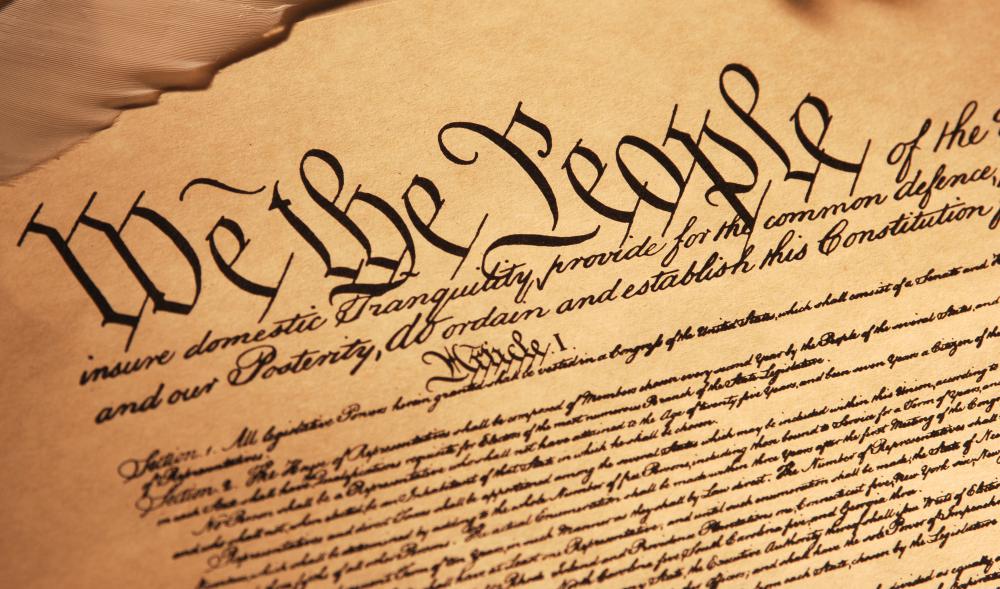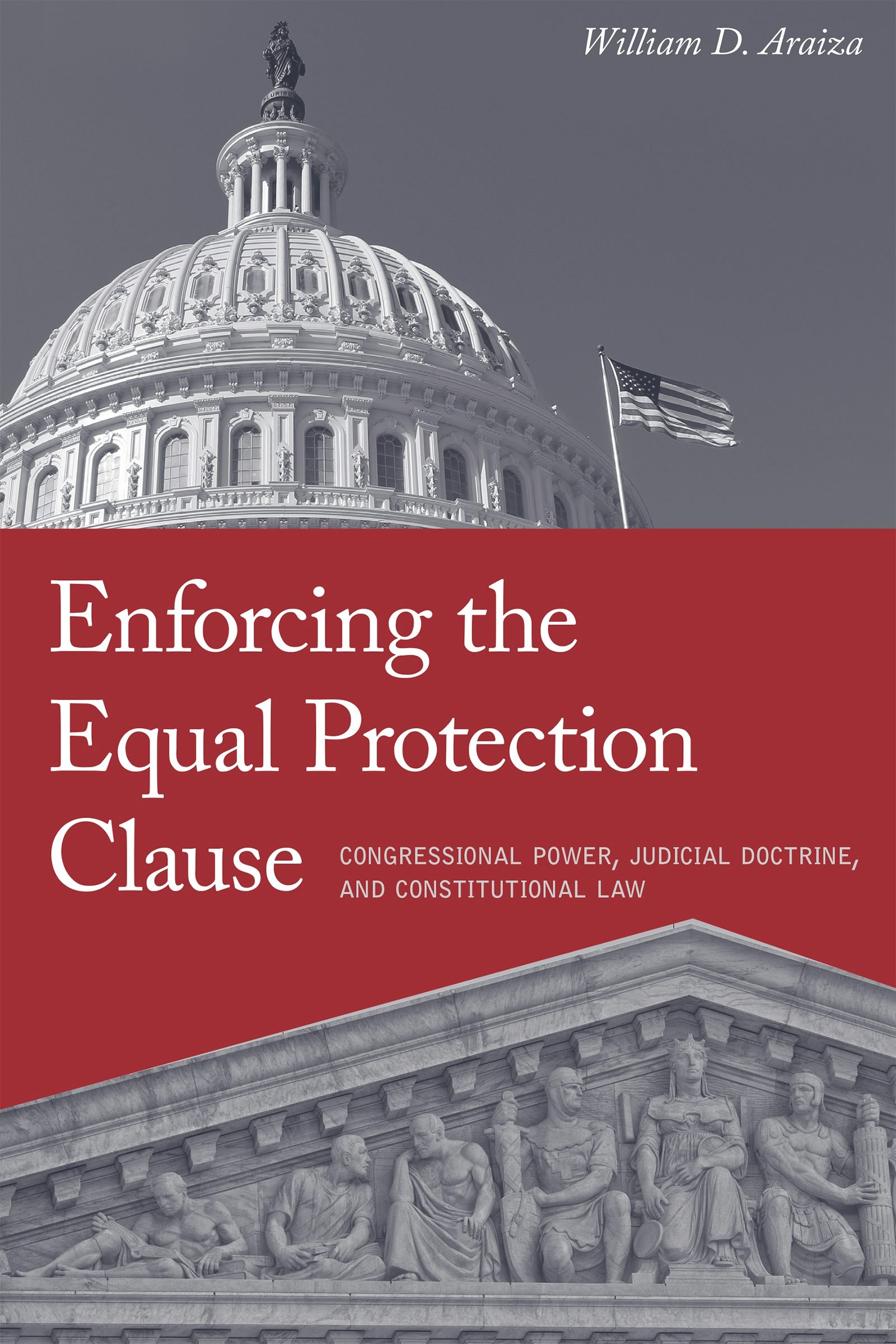
Sandford), and required that "citizens of every race and colour. In response to the Black Codes, Congress enacted the Civil Rights Act of 1866, which provided that all those born in the United States were citizens of the United States (this provision was meant to overturn the Supreme Court's decision in Dred Scott v. They also created harsher criminal penalties for blacks than for whites. These laws severely restricted the power of blacks to hold property and form legally enforceable contracts. Though the Thirteenth Amendment, which was proposed by Congress and ratified by the states in 1865, had abolished slavery, many ex- Confederate states adopted Black Codes following the war. The Fourteenth Amendment was enacted in 1868, shortly after the Union victory in the American Civil War. constitutional law.Ĭongressman John Bingham of Ohio was the principal framer of the Equal Protection Clause. While an expansive reading of the Clause was undercut, to some extent, by Court decisions of the 1970s and 1980s, the Equal Protection Clause remains an integral part of U.S. During the 1960s, the other two branches of the federal government - the executive and the legislative - joined in, as Congress and the President passed and enforced legislation intended to ensure equality in education, employment, housing, lodging, and government benefits. During and after World War II, however, the United States Supreme Court began to construe the Clause more expansively. What exactly such a requirement means, of course, has been the subject of great debate and the story of the Equal Protection Clause is the gradual explication of its meaning.įor a long while after the Clause became a part of the Constitution, it was interpreted relatively narrowly.

In the wake of the Fourteenth Amendment, the states could not, among other things, deprive people of the equal protection of the laws. After the Fourteenth Amendment was enacted, the Constitution also protected rights from abridgement by state governments, even including some rights that arguably were not protected from abridgement by the federal government. Before the enactment of the Fourteenth Amendment, the Bill of Rights protected individual rights only from invasion by the federal government. More concretely, the Equal Protection Clause, along with the rest of the Fourteenth Amendment, marked a great shift in American constitutionalism. The Equal Protection Clause, part of the Fourteenth Amendment to the United States Constitution, provides that "no state shall… deny to any person within its jurisdiction the equal protection of the laws." The Equal Protection Clause can be seen as an attempt to secure the promise of the United States' professed commitment to the proposition that " all men are created equal" by empowering the judicary to enforce that principle against the states.

Supreme Court are: "Equal justice under law" The words inscribed above the entrance to the U.S.


 0 kommentar(er)
0 kommentar(er)
